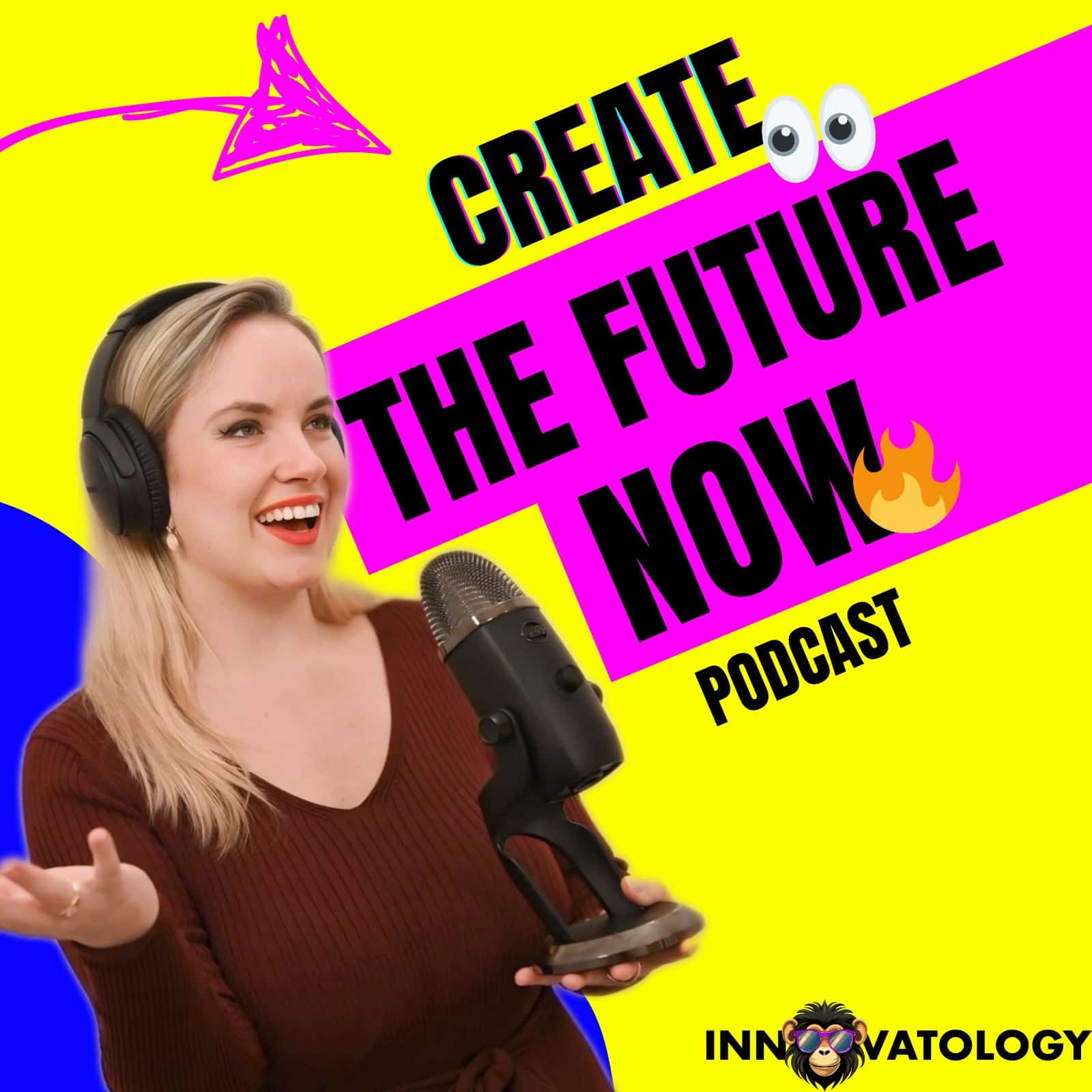We’re diving into the exciting world of family discussions and entrepreneurship, specifically focusing on e-shops. If you’re looking to start an online business with your family, this video is for you. We’ll cover essential tips on how to effectively communicate, plan, and execute your e-commerce business strategy. Starting an e-shop as a family can be a great idea, combining family values with business ventures. Effective family communication is crucial for productive discussions, aligning everyone’s vision and goals for the e-shop. We’ll guide you through the essential steps for planning your online store, selecting the right products and services to sell, and conducting market research to find your niche.
Transcript;
00:00:00
The easiest way how to sell things online, you just get some product and you lower the price, you will sell, definitely. But what are you doing? That you are lowering also your profit margins, maybe you will not be profitable then. So that’s what I was doing, because it worked from the start, did the financial controlling of my business and I really fastly find out that I’m in minus, wow. Hello everyone and welcome to our Innovatology podcast, your one-stop shop to the tech and innovation. We are here today with our guest who will speak about young entrepreneurship and also he will maybe tell us more from the backstage about the different tools and instruments that he used for his success. But first of all, I’m Marie and I’m from the Innovatology and of course here is…
00:00:57
So, our guest’s name is Jan Zamecnik. Isn’t that like the same last name as you have? No. I’m Zamecnik future planning. By the way, just good fact is that Zamecnik means locksmith. Yeah. So, Jan. Jan Zamecnik a.k.a. John Locksmith. John Locksmith, yeah, that’s really cool. I have a domain name called johnlocksmith.com, so that’s my future alter ego. Do you have something already on your website? No, it’s just johnlocksmith.com. I bought it for 200 euros because I wanted to have it in case I want to build my brand in the future. Sounds like one of these new movies like John Wick, but instead of John Locksmith. So, can you tell us more about yourself, what you are doing, who you are? Something from your dark side. Dark side.






